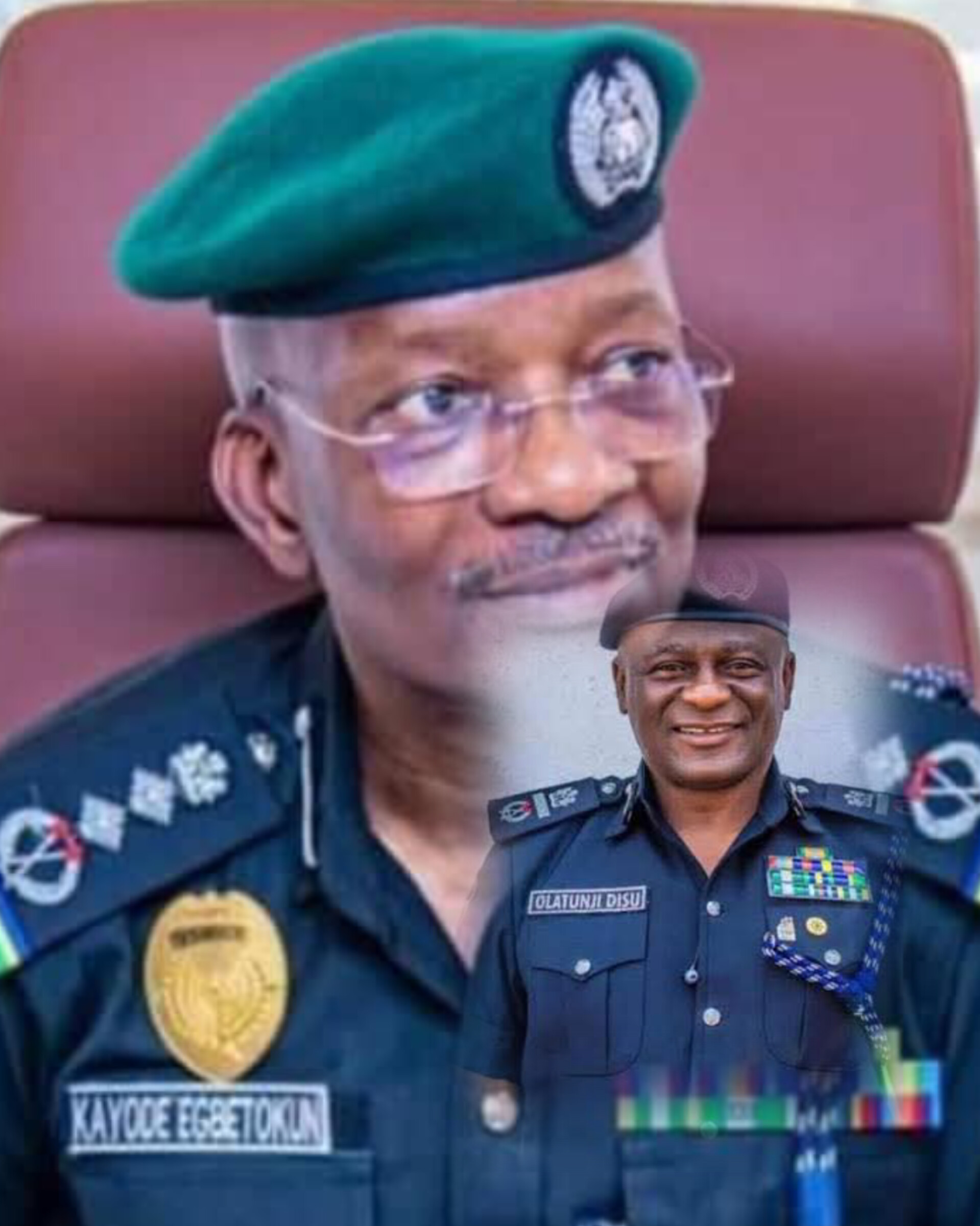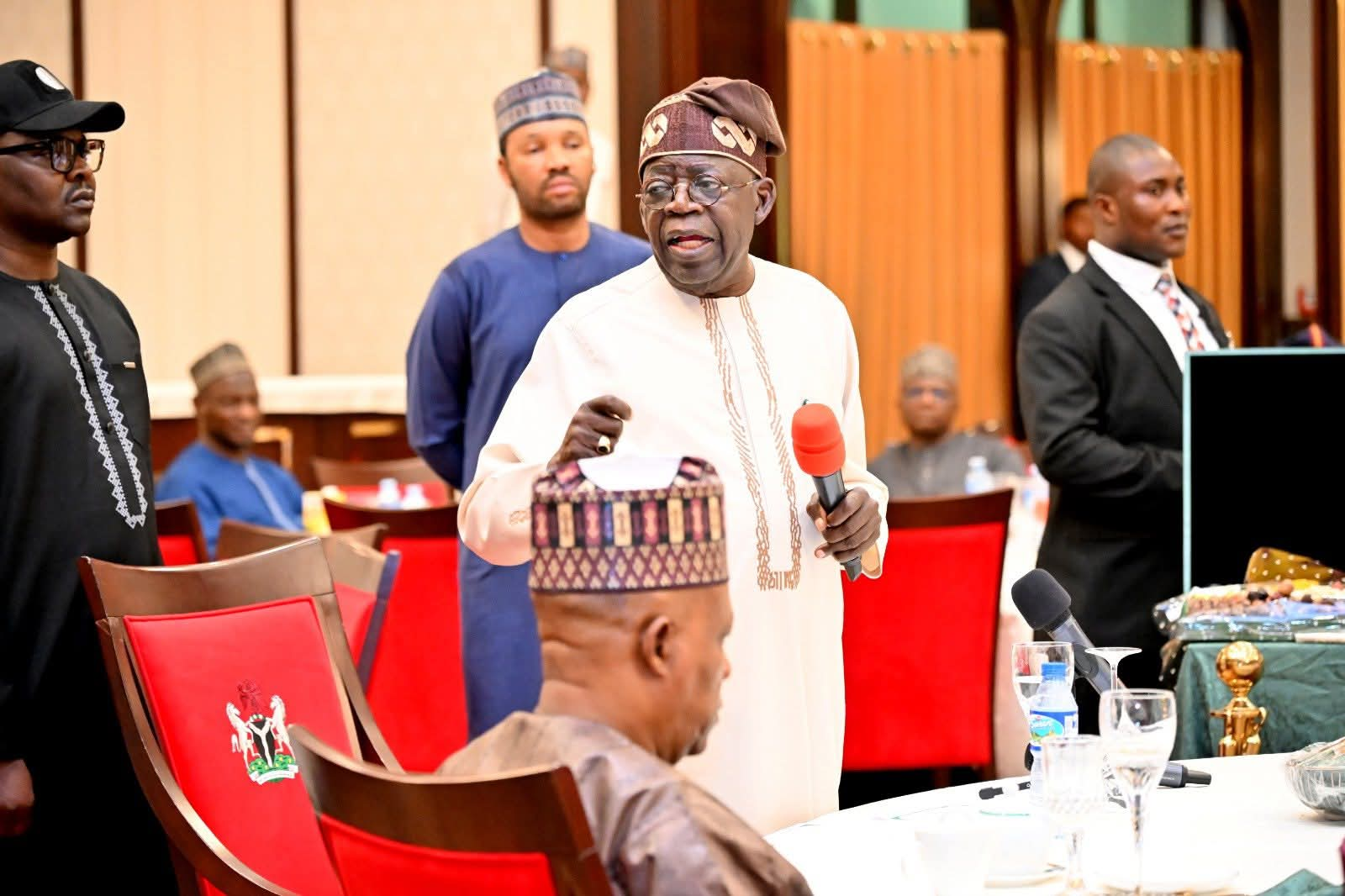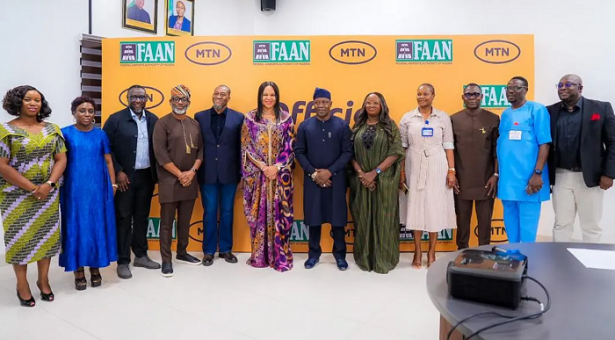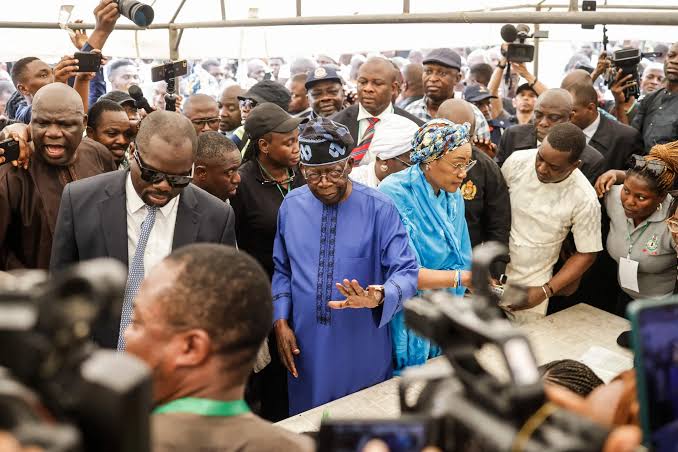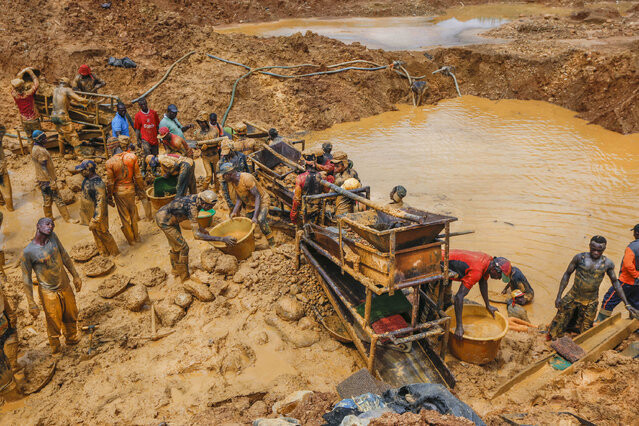
The Federal Government has inaugurated the Project Steering Committee for the GEF GOLD+ Nigeria Project, an initiative aimed at promoting mercury-free, formalised, and environmentally responsible gold mining practices across the country.
The project, titled “Enhancing the Formalization and Mercury-Free Gold in Nigeria,” builds on the National Action Plan developed between 2017 and 2020 under the Minamata Convention on Mercury, to which Nigeria is a signatory.
The Convention seeks to reduce and eventually eliminate mercury use in Artisanal and Small-Scale Gold Mining (ASGM)—a sector responsible for about 37% of global mercury emissions.
The project is funded by the Global Environment Facility (GEF), co-executed by the Federal Ministry of Environment and the Ministry of Solid Minerals Development, and implemented by the United Nations Industrial Development Organisation (UNIDO).
Speaking during the inauguration ceremony in Abuja, the Permanent Secretary, Federal Ministry of Environment, Mallam Mahmud Kambari, described the occasion as a significant step toward safeguarding public health and the environment.
“The GEF GOLD+ Nigeria Project is strategically designed to address this challenge comprehensively, through a multi-faceted approach encompassing the promotion of formalization, improved access to financial resources, and the facilitation of the adoption of sustainable, mercury-free technologies within the mining sector,” he said
The permanent secretary, who was represented by the Director, Pollution Control and Environmental Health, Federal Ministry of Environment, Dr Bahijjahtu Abubakar, expressed optimism that the project would help usher in a new era of responsible and sustainable mining practices in Nigeria.
Mallan Mahmud, who reaffirmed the ministry’s commitment to working closely with the PSC to ensure the success of the initiative, urged members of the Committee to approach their tasks with dedication and collaboration. The Ministry of Environment.
Organizations represented on the Committee include the Federal Ministry of Environment, Ministry of Solid Minerals Development, the the Federal Ministry of Industry, Trade and Investment, the Basel Regional Coordinating Centre for Africa, Global Rights (NGO), the Miners Association of Nigeria, as well as representatives from Niger, Zamfara, Kaduna, and Kebbi States.
Others include the Bank of Industry, Federal University of Technology, Minna, the United Nations Industrial Development Organization (UNIDO), and the GEF Operational Focal Point (OFP).
The committee will oversee the project’s activities in the four pilot states, Niger, Kaduna, Zamfara, and Kebbi states, with the long-term goal of creating a model for mercury-free mining nationwide.
The UNIDO Representative to Nigeria and ECOWAS, Ambassador Phibert Johnson, in his goodwill message, said the organisation would support the Ministry of Environment in advancing the implementation of Nigeria’s National Action Plan on mercury developed under the Minamata Convention
Ambassador Phibert, who was represented by the National Programme Officer, Osuji Otu, noted that UNIDO is committed to serving as an implementing Agency for the project, drawing on its global experience to support Nigeria in meeting its obligations under the Minamata Convention
Similarly, Executive Director, Basel Convention Coordinating Centre for the African Region (BCCC-A), Prof Gilbert Adie, expressed the readiness to co-execute the project with the Federal Ministry of Environment and the Ministry of Solid Minerals Development in enhancing the formalisation of artisanal and small-scale gold mining activities in Nigeria.
Editing by Oluwaseyi Ajibade

